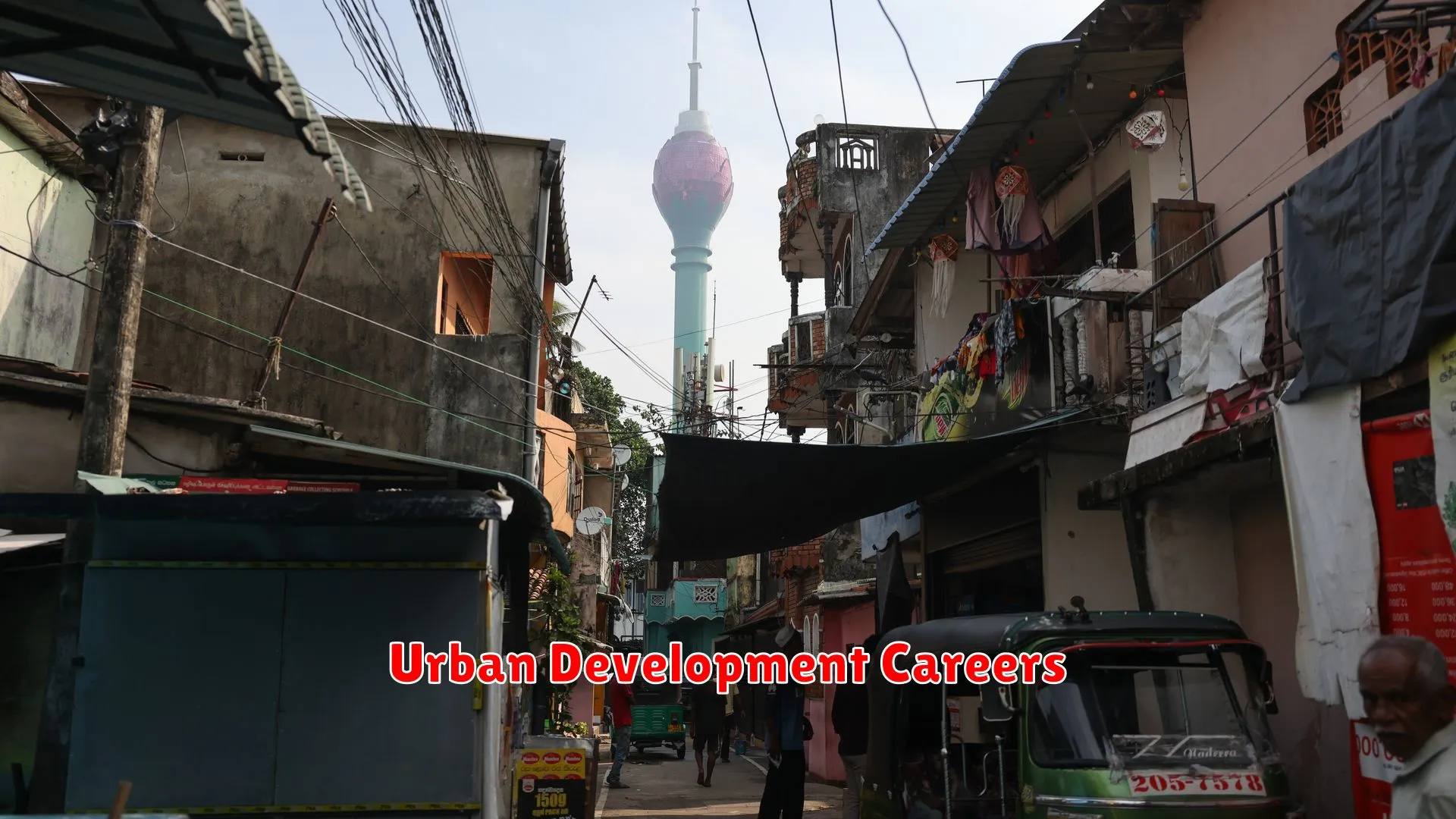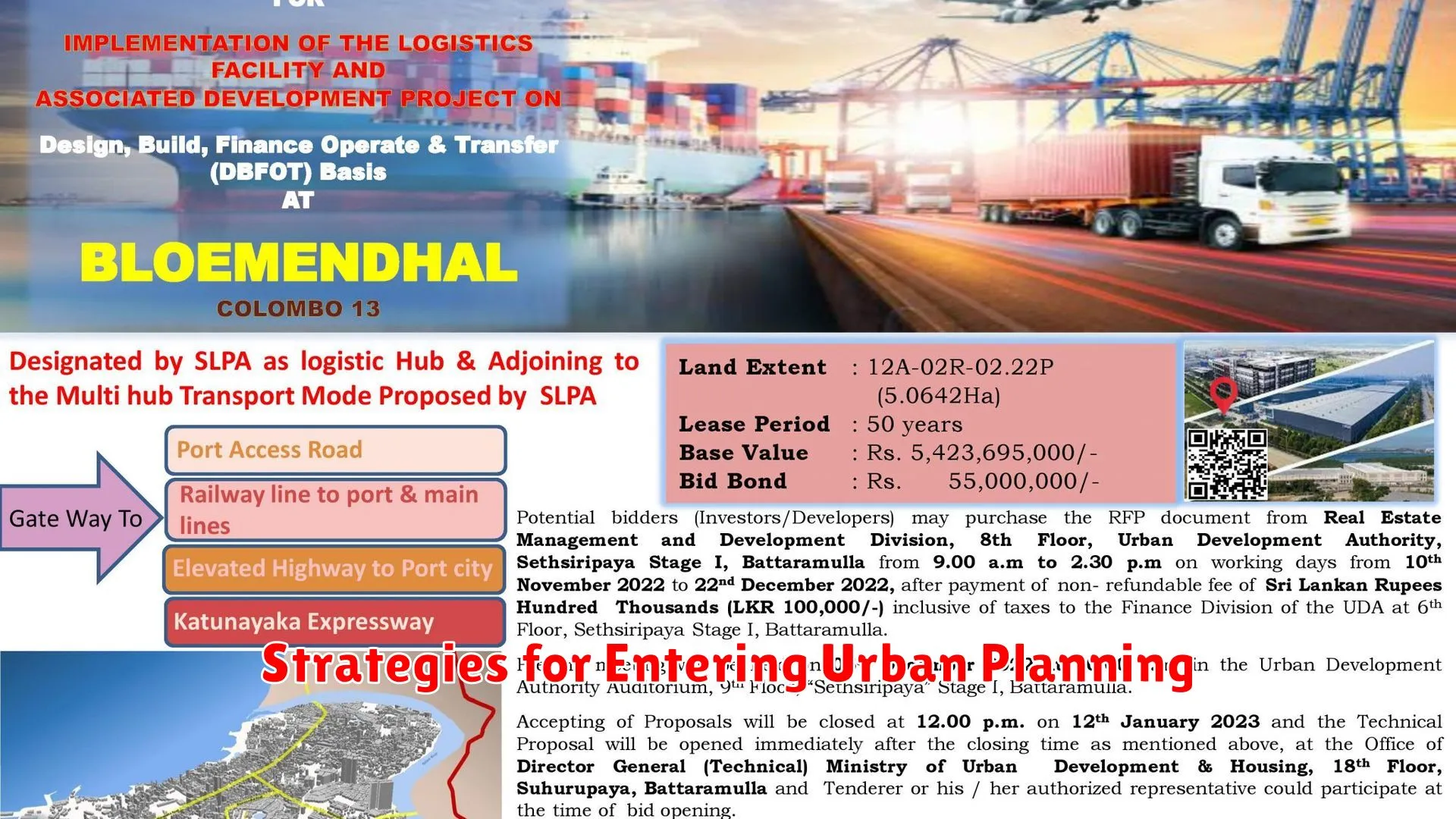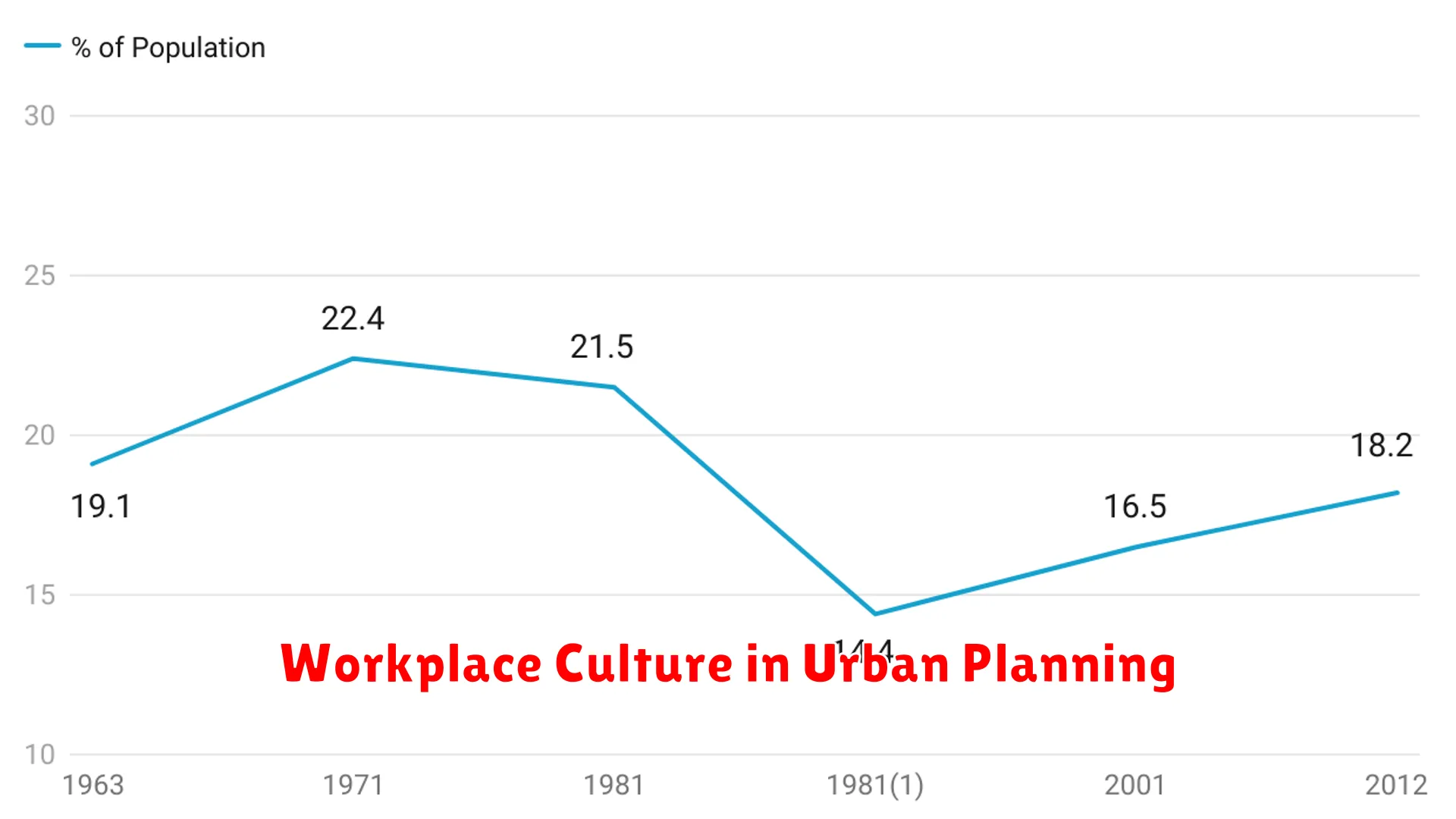
Explore the dynamic opportunities in urban planning and development in Sri Lanka, where sustainable practices meet rapid urbanization. Discover the exciting career paths awaiting professionals in this flourishing field.
Urban Planning Industry Overview
The Urban Planning industry in Sri Lanka plays a crucial role in shaping the country’s infrastructure, environment, and community development. With rapid urbanization and the need for sustainable growth, the demand for urban planners and development professionals is on the rise.
Key aspects of the Urban Planning industry in Sri Lanka:
- Government Initiatives: The government of Sri Lanka has been actively promoting urban planning and development projects to enhance livability and economic prosperity in urban areas.
- Infrastructure Development: Urban planners in Sri Lanka are involved in designing and implementing infrastructure projects such as transportation systems, utilities, and public spaces to accommodate urban growth.
- Sustainability: There is a growing emphasis on sustainable urban development practices, including green spaces, energy efficiency, and waste management.
- Community Engagement: Urban planners work closely with local communities to understand their needs and incorporate their input into development plans.
In addition, the Urban Planning industry offers a diverse range of career opportunities, including urban planners, city designers, environmental analysts, and policy advisors. The industry in Sri Lanka is dynamic, with projects ranging from revitalizing historic neighborhoods to planning modern urban spaces.
Challenges facing the Urban Planning industry in Sri Lanka:
- Land Use: Balancing competing interests for land use while preserving natural resources is a complex challenge for urban planners.
- Traffic Congestion: Addressing traffic congestion and improving transportation systems are pressing issues in urban centers.
- Climate Change Resilience: Developing strategies to mitigate the impact of climate change and ensure urban resilience is a key concern.
Overall, the Urban Planning industry in Sri Lanka presents exciting opportunities for professionals to contribute to the sustainable development and transformation of urban spaces in the country.
Urban Development Careers

Careers in urban planning and development in Sri Lanka offer a diverse range of opportunities for individuals passionate about shaping cities and communities. Urban development careers are crucial in creating sustainable, efficient, and livable urban spaces for current and future generations.
Urban Planner: Urban planners play a key role in designing land use plans, transportation systems, and public spaces to ensure balanced growth and development. They work closely with government agencies, developers, and community stakeholders to create long-term urban development strategies.
Environmental Specialist: Sustainability is a major focus in urban development, and environmental specialists play a vital role in assessing the environmental impact of development projects. They work to ensure that urban growth is carried out sustainably, considering factors such as biodiversity, water resources, and green spaces.
Community Development Officer: Community development officers work directly with local communities to implement projects and initiatives that improve quality of life. They engage with residents to understand their needs and preferences, and collaborate with various organizations to enhance social infrastructure in urban areas.
Real Estate Developer: Real estate developers are responsible for transforming urban landscapes through the construction of commercial, residential, and mixed-use developments. They identify investment opportunities, secure funding, and manage projects from concept to completion, influencing the physical and economic growth of cities.
Transportation Planner: Transportation planners focus on creating efficient and sustainable transportation networks within urban areas. They analyze traffic patterns, design transit systems, and promote alternative modes of transportation to reduce congestion and improve accessibility for residents.
Skills Required for Urban Planners
Urban planners play a crucial role in shaping the development of cities and communities. To excel in this field in Sri Lanka, individuals need to possess a diverse set of skills that enable them to navigate complex urban landscapes and contribute positively to sustainable growth. Here are some key skills required for aspiring urban planners:
1. Strong Analytical Skills
Urban planners need to analyze a wide range of data related to demographics, land use, infrastructure, and environmental factors. Strong analytical skills are essential to interpret this information and make informed decisions regarding urban development projects.
2. Strategic Thinking
Having a strategic mindset is crucial for urban planners to develop long-term plans that cater to the needs of present and future populations. They must be able to envision the city’s growth trajectory and implement policies that align with sustainable development goals.
3. Communication and Collaboration
Effective communication skills are paramount for urban planners to engage with stakeholders, including government agencies, community members, and developers. Collaboration is key to building consensus and ensuring that urban planning projects meet the needs of diverse groups.
4. Knowledge of Urban Planning Principles
Urban planners must have a solid grasp of urban planning principles and best practices. This includes understanding zoning regulations, transportation systems, environmental conservation, and socio-economic dynamics that impact urban areas.
5. Problem-Solving Abilities
Quick thinking and problem-solving skills are essential for urban planners to address challenges that arise during the planning and implementation phases of projects. The ability to adapt to changing circumstances and find innovative solutions is highly valued in this field.
By honing these essential skills, aspiring urban planners in Sri Lanka can contribute meaningfully to the sustainable development and growth of cities, creating vibrant and livable urban environments for current and future generations.
Strategies for Entering Urban Planning

Entering the field of urban planning requires a strategic approach to ensure a successful career in this dynamic industry. Here are some key strategies to consider:
Educational Pathway
One of the fundamental strategies for entering urban planning is to pursue a relevant educational pathway. Consider obtaining a degree in urban planning, geography, environmental studies, or related fields. A strong educational background will provide you with the necessary knowledge and skills to thrive in this field.
Gain Practical Experience
Internships and practical experience are invaluable for aspiring urban planners. Seek out internship opportunities with local government agencies, urban development firms, or non-profit organizations. Hands-on experience will not only enhance your skills but also help you build a professional network within the industry.
Networking
Networking plays a crucial role in advancing your career in urban planning. Attend industry events, seminars, and conferences to connect with professionals in the field. Building strong relationships can open up job opportunities and provide mentorship along the way.
Professional Development
Continuing education and professional development are essential for staying current in urban planning trends and practices. Consider obtaining certifications or attending workshops to enhance your skills and knowledge base.
Stay Informed
Keep yourself updated on the latest trends, policies, and innovations in urban planning. Subscribe to industry publications, follow relevant blogs, and engage in discussions through online forums. Being well-informed will make you a valuable asset in the urban planning community.
By implementing these strategies, you can position yourself for a successful and fulfilling career in urban planning and development.
Urban Planner Interview Tips
Preparing for an interview as an urban planner requires a blend of technical knowledge, communication skills, and a deep understanding of urban development issues. Here are some crucial tips to help you ace your urban planner job interview:
- Research the Organization: Before the interview, thoroughly research the organization you are applying to. Understand their current projects, initiatives, and the overall urban planning landscape in Sri Lanka.
- Understand Local Urban Challenges: Demonstrate your awareness of the urban challenges specific to Sri Lanka. Discuss how your skills can address these challenges effectively.
- Showcase Your Experience: Highlight your practical experience in urban planning projects. Be prepared to discuss specific examples and outcomes of your previous work.
- Brush Up on Technical Skills: Urban planning often involves technical aspects such as GIS, data analysis, and urban design. Make sure your technical skills are sharp and up to date.
- Prepare for Behavioral Questions: Be ready to answer behavioral questions that assess your problem-solving abilities, teamwork skills, and how you handle challenging situations.
- Portray Your Passion: Urban planning is a field that requires passion and commitment. Convey your enthusiasm for creating sustainable, livable communities during the interview.
- Ask Thoughtful Questions: Prepare insightful questions to ask the interviewers. This demonstrates your interest in the role and the organization.
By following these urban planner interview tips, you can present yourself as a well-rounded candidate who is not only knowledgeable but also passionate about shaping the future of urban development in Sri Lanka.
Workplace Culture in Urban Planning

Workplace culture plays a crucial role in the field of urban planning, shaping the dynamics and effectiveness of teams dedicated to creating sustainable and livable urban environments in Sri Lanka. A positive workplace culture in urban planning fosters collaboration, innovation, and a shared commitment to improving the quality of life in urban areas.
Inclusive Decision-Making: In urban planning and development settings, a vibrant workplace culture emphasizes inclusive decision-making processes. Team members from diverse backgrounds and expertise are encouraged to contribute their ideas and perspectives to ensure comprehensive and inclusive urban development projects.
Interdisciplinary Collaboration: An effective workplace culture in urban planning encourages interdisciplinary collaboration among professionals such as urban designers, architects, economists, and environmental specialists. This collaborative approach brings together diverse skill sets and knowledge to address complex urban challenges.
Emphasis on Sustainability: Workplace culture in urban planning places a strong emphasis on sustainability practices and principles. Teams strive to integrate sustainable solutions into urban projects, promoting eco-friendly infrastructure, green spaces, and energy-efficient designs to create environmentally conscious urban areas.
Professional Development: A supportive workplace culture in urban planning prioritizes continuous learning and professional development. Opportunities for training, workshops, and skill enhancement programs are provided to empower professionals in the field and keep them updated with the latest trends and best practices.
Collaborative Problem-Solving: The collaborative nature of workplace culture in urban planning encourages teams to engage in proactive problem-solving processes. By sharing insights, expertise, and innovative ideas, professionals in the field can address urban challenges effectively and develop sustainable solutions for the benefit of local communities.
Conclusion
In conclusion, urban planning and development careers in Sri Lanka offer promising opportunities for professionals to contribute to sustainable city growth and infrastructure enhancement.
















